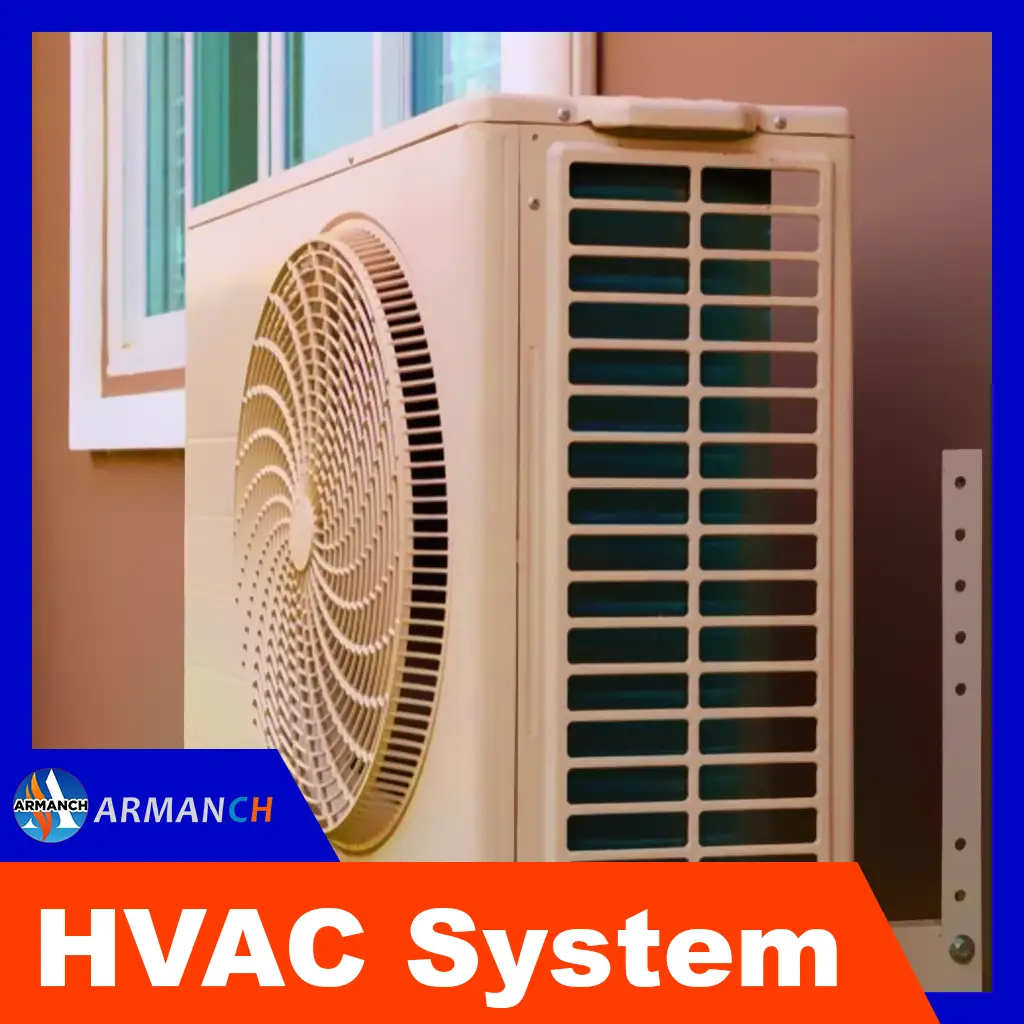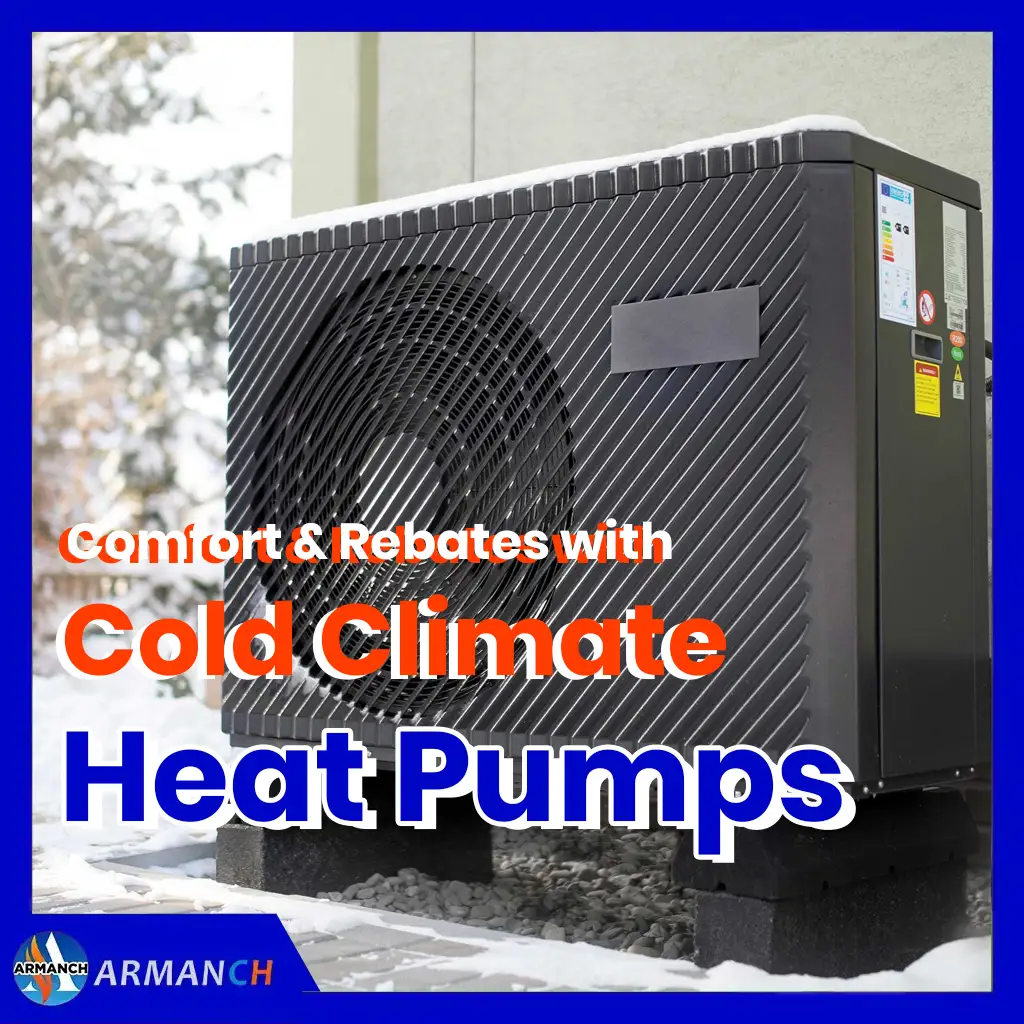
Which HVAC System is Best for Your Home?
Choose The Right HVAC System For Your Place
Choosing the right HVAC system is crucial since about 48% of a home’s energy consumption is related to air conditioning. It’s a significant investment, and we’re here to guide you through the most common types of HVAC systems and tips for selecting the best one for your home.
What HVAC System Should I Buy?
Split System
Split systems, including central air conditioning paired with a gas furnace, are popular and cost-effective. They use a blower fan in the furnace to distribute air via ducts, making them efficient but requiring regular maintenance to avoid CO2 leaks.
Standard Heat Pump and Air Handler
Air-source heat pumps are in high demand for residential use. They are cost-effective and efficient, but they may struggle in very cold weather and can dry out the air.

Mini Split Heat Pump
Mini-split systems have grown in popularity due to improved efficiency and the ability to provide adequate heating even in cold temperatures. They don’t require ductwork, making them easier to install but potentially harder to repair due to part availability.
Boiler with Radiant Heat
Popular in Europe, radiant heat systems offer the most comfortable heating but come with higher installation and operational costs. They provide both heating and domestic hot water.
Geothermal Heat Pump
Geothermal systems use underground pipes to harness the earth’s natural heat, making them highly efficient and eco-friendly. They offer consistent heating and cooling year-round but come with a higher initial cost.
Electric Furnace and Air Conditioner
Ideal for warm climates where heating is needed infrequently, electric furnaces are easy to install and maintain but can be energy-intensive compared to other heating options.

Tips for Choosing the Right HVAC System
Replacement
If your home already has ductwork, replacing your system with one that also uses ducts will save on upfront costs. For radiant or mini-split systems, sticking with the same type is usually the most cost-effective option.
New Construction
Building a new home gives you the flexibility to choose any HVAC system. Consider the layout and your long-term energy needs.
Weather Conditions
Your local climate significantly impacts your HVAC choice:
- Warm Weather: Heat pumps are efficient and also dehumidify. For frequent use, consider geothermal systems. For short-term use, a standard split system or mini-split heat pump is cost-effective.
- Moderate Weather: An AC and gas furnace combo is ideal. Compare the costs and efficiency of standard split systems versus heat pump systems to find the best option.
- Cold Weather: A traditional gas furnace with or without central air conditioning is effective. A dual-fuel system can be efficient, using a heat pump for milder weather and a furnace for colder temperatures.
Lifetime
Investing in high-efficiency equipment can save money in the long run, especially in harsh climates where the savings on annual operating costs quickly offset the higher upfront costs.
Eco-Friendliness
If reducing your carbon footprint is a priority, opt for the most efficient system within your budget. A high-efficiency geothermal system powered by solar energy is an excellent choice for sustainability.
House Size
For medium to large homes, a standard split system is often the most economical. For single-zone setups or small homes, a mini-split system is ideal, although costs can add up with multiple units.
Conclusion
Choosing the right HVAC system enhances comfort and efficiency while managing energy costs. Whether you prioritize cost, efficiency, or eco-friendliness, there’s a system that fits your needs. By considering your home’s specifics and local climate, you can make an informed decision that keeps your home comfortable year-round.
- HVAC-R
- Design and Permit Services
- Hydronic & Hot Water Services
- Heating and Cooling Services
- Air Conditioning Services





